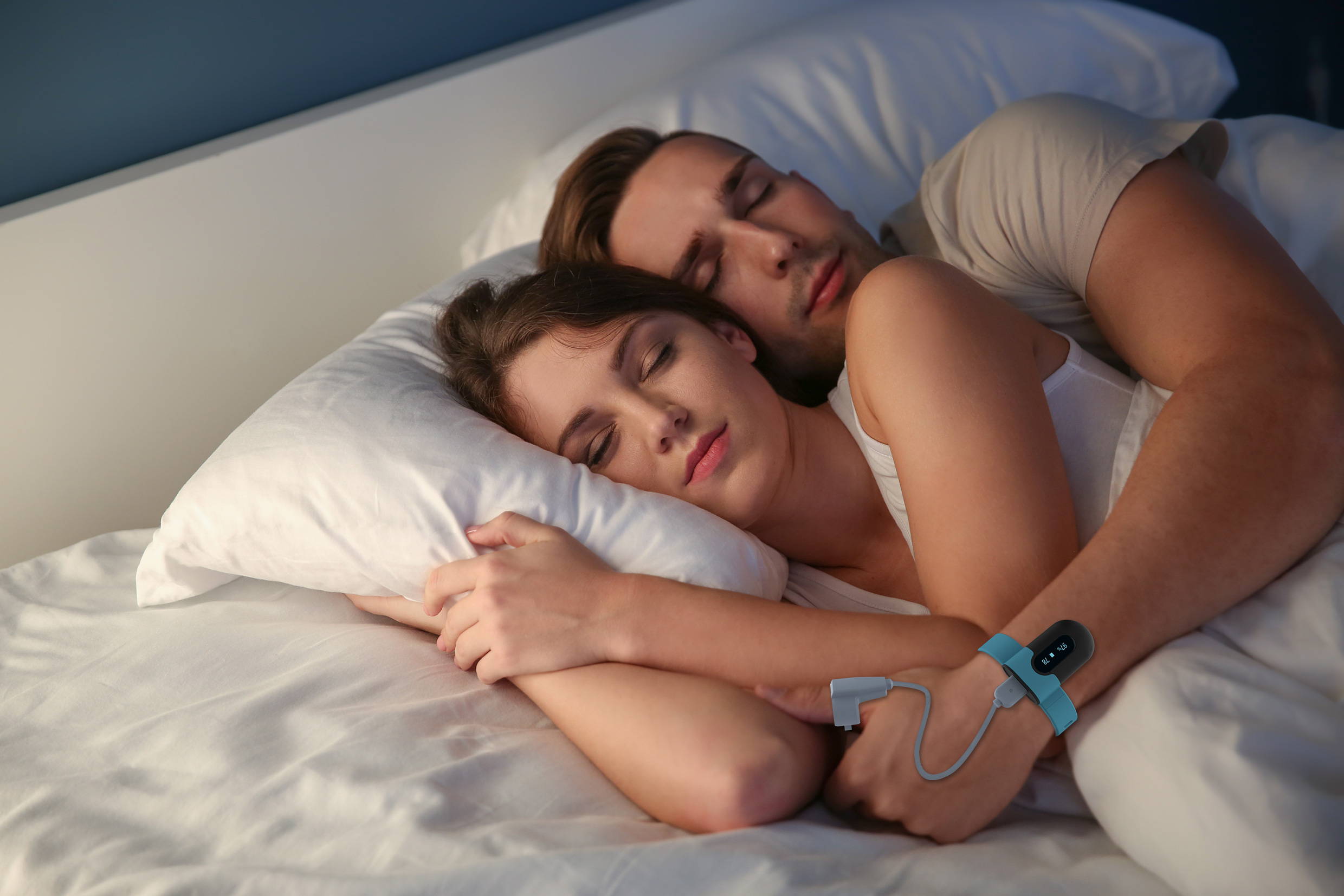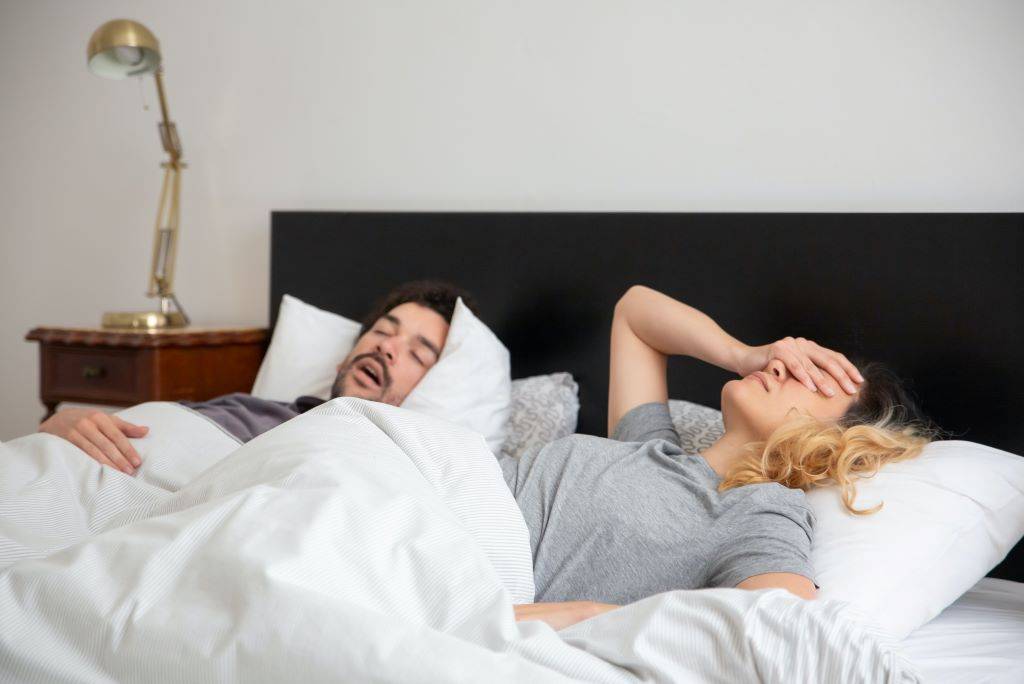Understand How Pulse Oximeters Work and Monitor Overnight
Not too long ago, the thermometer was the only device available for home testing purposes. For anything else, you had to visit the doctor. Now many devices are available for you to do basic medical check-ups at home, on your own. The pulse oximeter is one such device. It measures the oxygen in your blood. It gives a reading within a few seconds and, if the reading is awry, you have to get in touch with your doctor or go to the hospital, depending on various factors.
The actual working of the pulse oximeter
The oximeter is an easy and non-invasive method of measuring the percentage of oxygen in the blood. A blood test that can do the same thing is invasive and has to be done in a lab or a doctor’s office. A pulse oximeter can be used by anyone at home. It is a small and portable device and easy to use as well.
When you put on the oximeter, sensors behind the device use light that goes through the blood and measures whether the blood has sufficient oxygen or not. The hemoglobin in the blood (that carries oxygen) absorbs the light. The amount of light absorbed is an indication of the oxygen levels in the blood. The light can measure the percentage of oxygen in the hemoglobin (both arterial blood, which is deoxygenated, and venous blood, which carries the oxygen) and determine the percentage of oxygen in the blood to a reasonable degree of accuracy.
The Vibeat OxyU Wrist Pulse Oximeter also takes your pulse or heartbeat, serving a dual purpose. When your pulse is too high or too low (this depends on your overall health and activity level) you may need to talk to your doctor as it can indicate other health problems. The ideal reading of oxygen should be between 94 and 99 and the normal heartbeat/pulse should be 50-90 beats per minute. If the reading is not in the normal range, you may need medical attention, if you are otherwise healthy. In a person who has breathing difficulties due to any health issue, the figures will be different.
When do you need to monitor your oxygen levels?
While Covid-19 has brought the use of oxygen monitors to the forefront, there are many other conditions during which using a device to monitor your oxygen levels can be a lifesaver.
You get oxygen from the air you breathe. When any organ or system is compromised in your body due to ill health, the amount of oxygen that you breathe in may not reach the body in sufficient quantity. Health problems that may require the use of an oximeter include
· Pneumonia
· Bronchitis
· Lung disease
· Lung cancer
· Asthma
· COPD (Chronic Obstructive Pulmonary Disease)
· Anemia
· Congenital heart disease or heart failure
· Sleep apnea
· Other respiratory disorders
Additionally, people who are going to a high altitude or where the air is much thinner can use an oximeter to check their oxygen levels. The same goes for people who are doing high-intensity exercise or workouts and whose need for oxygen increases.
If you or a family member also requires taking oxygen at home at specific intervals due to any health problem, you will also benefit from using a pulse oximeter.
How do you choose a pulse oximeter?
Many different kinds of pulse oximeters are available in the market. Some have very basic functions, such as only giving the oxygen reading when used, while others have more features such as pulse rate, memory, and other functions that make them more user-friendly. Pulse oximeters can be used only on a finger or they may go around your wrist. High-end devices are bulkier and used on a table top, usually in a hospital or nursing setting. These give more accurate readings.
If you are buying a pulse oximeter for self-use, you should know the difference between a simple pulse oximeter and a device that continuously measures the oxygen levels in the blood. The first one is a basic device that gives you readings as and when you use it. The second one can be worn continuously if you need to monitor your oxygen levels throughout the day (or use it on someone who has breathing difficulties). A continuous-use monitor like the Vibeat OxyU is also very helpful for people who suffer from sleep apnea since it notifies the person of low oxygen levels.
You should check out these features that may be important to you:
· Connection with an app
· Accuracy
· Notification or alarm when a specified threshold is reached
· Portability
· Beeping sound after the reading
· Battery life
· Easy to read
· Portability
· Comfortable to use
· Bluetooth connection
· Memory
· Price
Keeping these parameters in mind and the usage of the device, you can select one that meets your requirements. That said, higher functionality and accuracy are always better options.
How can you test your SpO2 level at home using the Vibeat OxyU?
You have to slip on the wristband like a watch and tighten it so that it is comfortable around your wrist. Then you plug in the connector to the main device and slip the connected ring around your thumb or index finger. The two devices are now connected and you will immediately start getting the readings. A separate charging cable is included to recharge your device when required. Typically the battery lasts for around 16 hours.
The monitor leaves your hands free and gives a reading every 4 seconds. The patented ring sensor is comfortable to use. Data will also show up on your mobile as long as you have paired the two. This data can be shared with a family member or doctor as required. Even if the mobile is not close by, within Bluetooth range, the oximeter saves a large amount of data. The memory can be freed by uploading the data on a laptop.
If you have a respiratory disease or sleep apnea or another health issue, using a pulse oximeter like the Vibeat OxyU can improve your health and keep you informed about any incipient medical issues that can negatively impact your well-being.
WRITTEN BY VIBEAT
Related Blogs
Recommended Products





